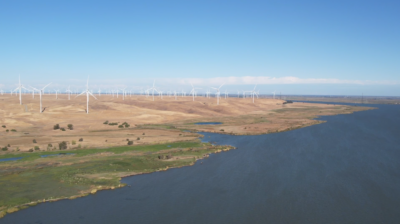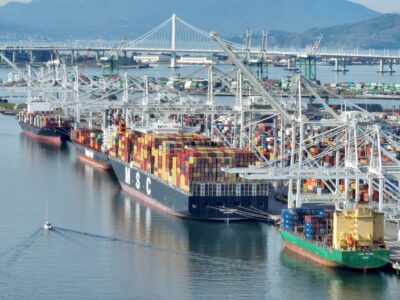As BART Plans New Fare Gates, D.C. Metro Success Shows the Pay Off
With the installation of new more secure fare gates, the Metro transit system serving Washington, D.C., reported that fare evasion had plummeted by 70% with one station seeing an 84% drop. The results are good news for BART, which is working now to replace its own fare gates with taller, more secure gates. Metro began replacing all 1,200 of its fare gates at 98 stations in 2021 and is nearly finished with the project. BART is planning to begin work by the end of this year and estimates it will complete the work of replacing all 700 gates at 50 stations by 2026. The photo above shows a prototype of a new secure fare gate BART is testing.
The Bay Area Council in a letter to BART in July urged the agency to do everything in its power to speed up the project. Fare evasion is linked to increased crime, safety and other problems on the system, problems that have discouraged many riders from returning to the system. And BART estimates the new fare gates would generate $25 million a year in revenue.





